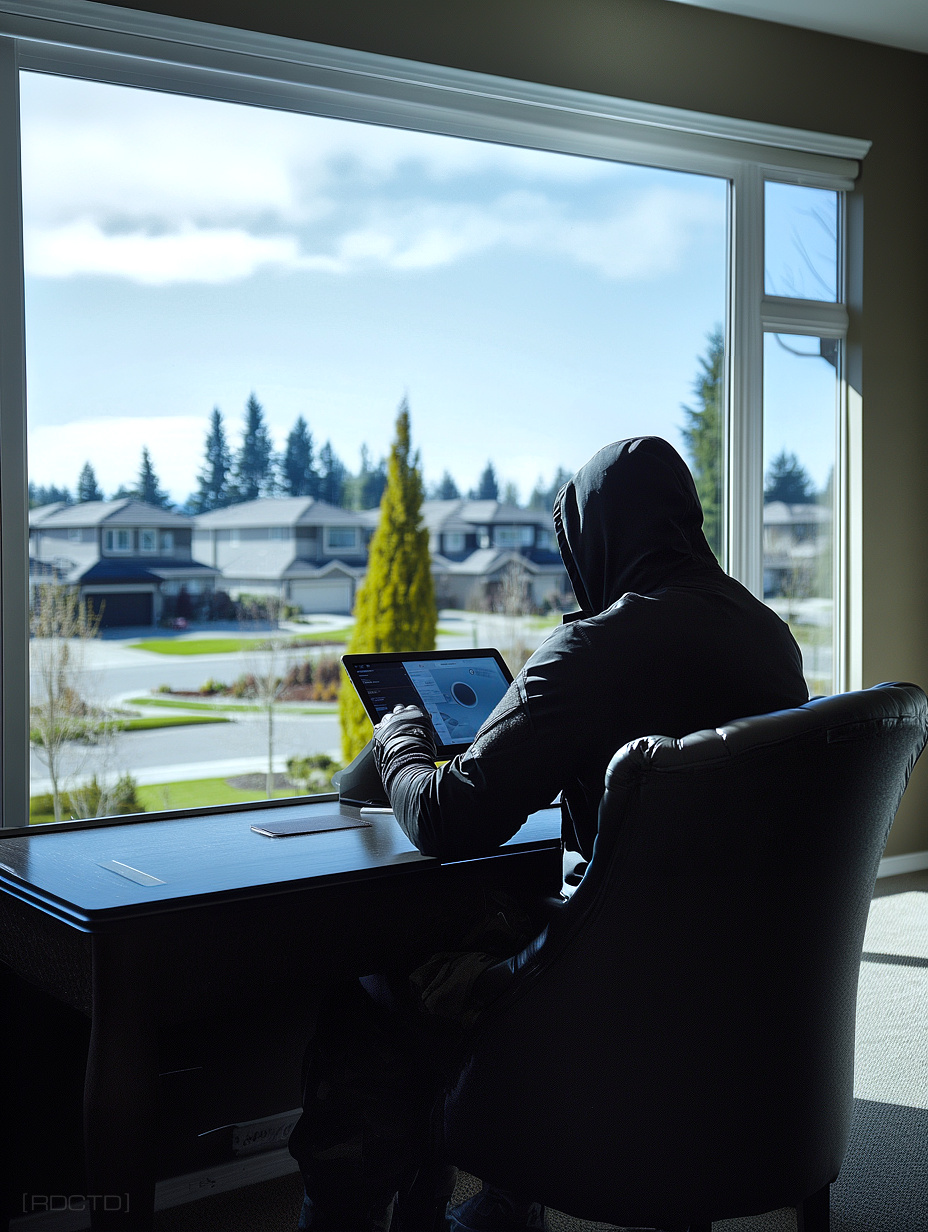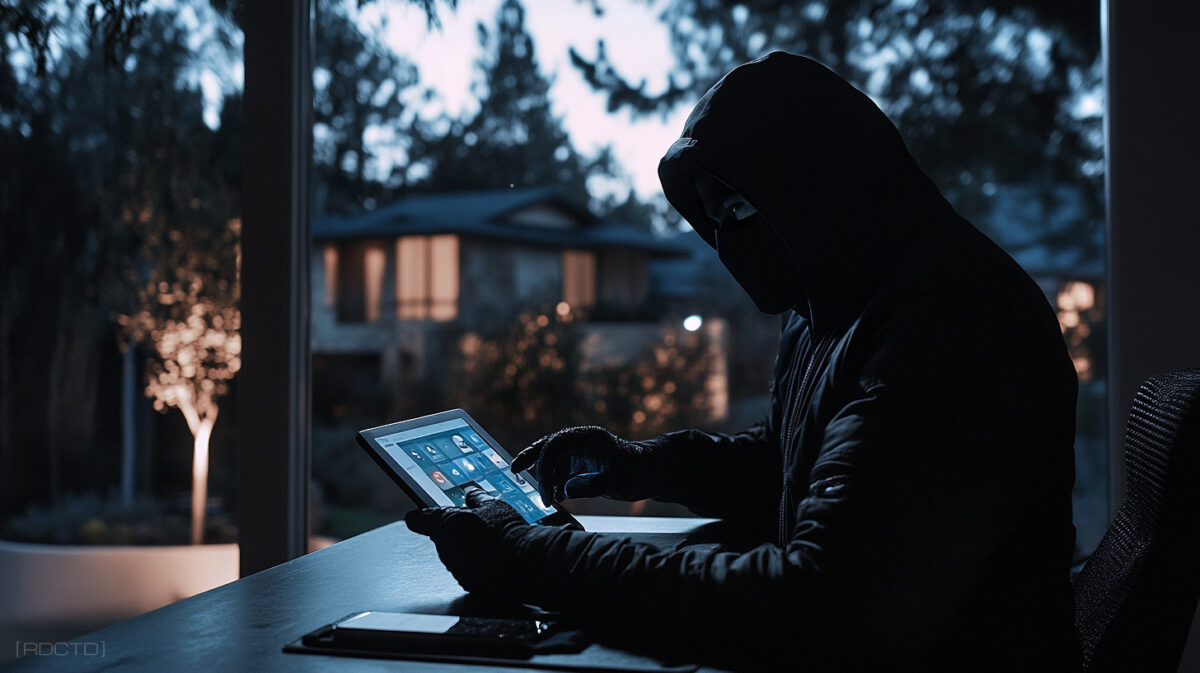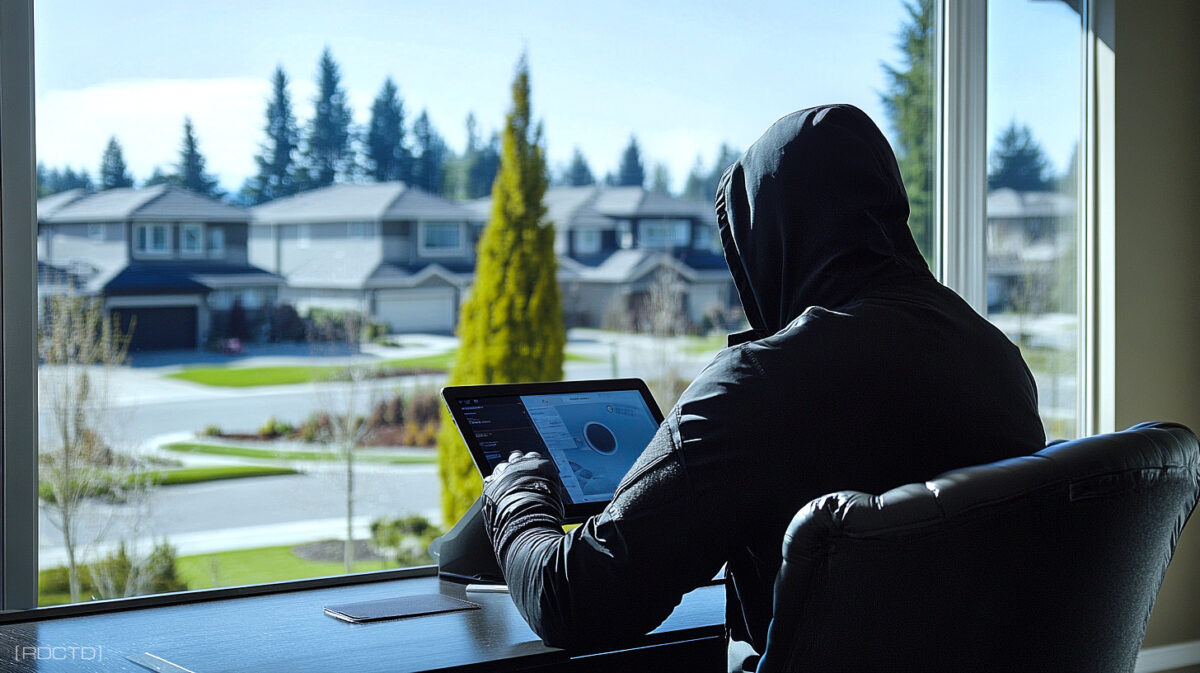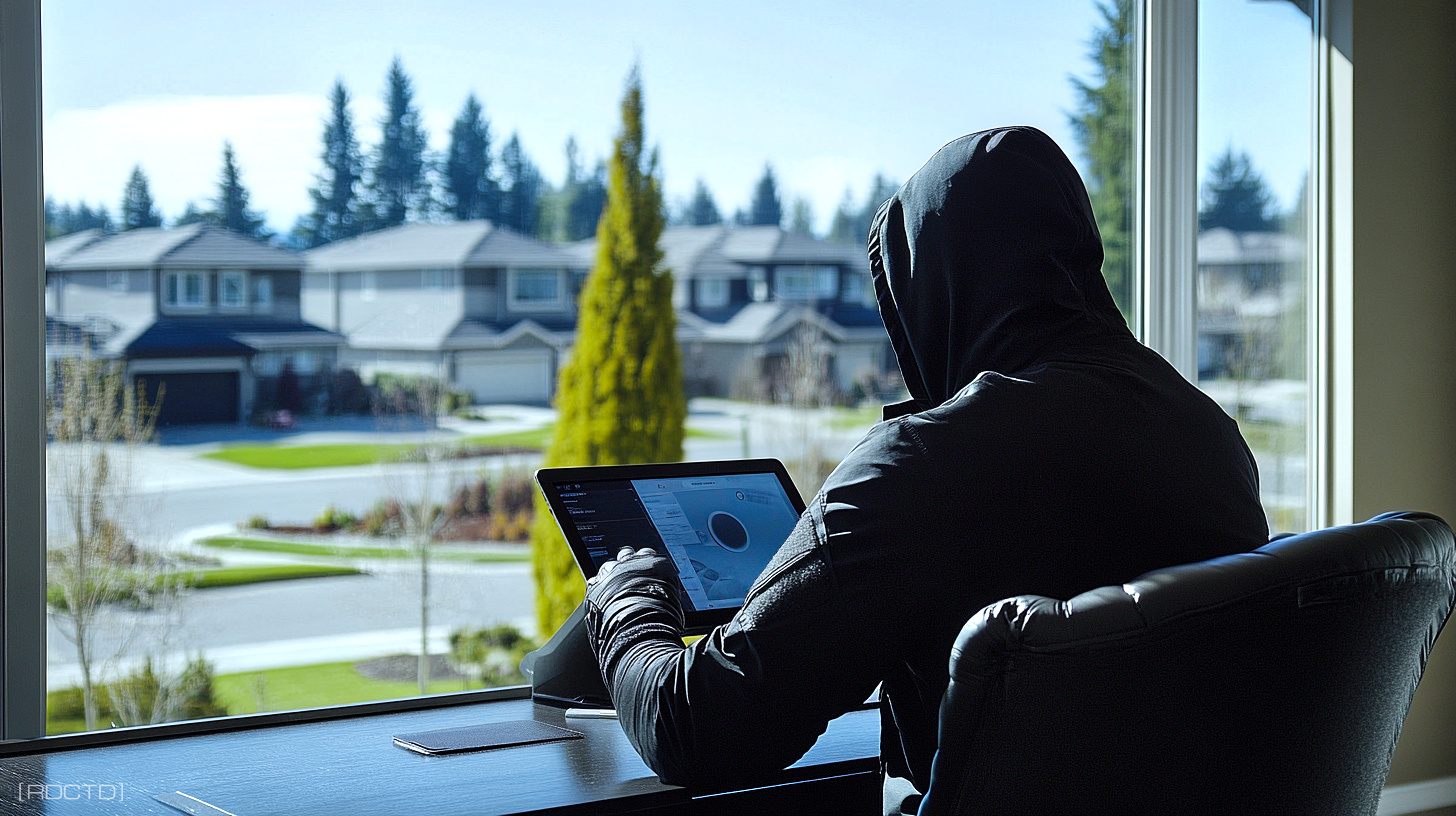 The covert operative’s step-by-step guide on how to delete or remove (technically blur) your house from Google Street View, along with best practices to reinforce your physical signature management.
The covert operative’s step-by-step guide on how to delete or remove (technically blur) your house from Google Street View, along with best practices to reinforce your physical signature management. ![]()
If you’re serious about personal security whether you’re an operative, a high-risk individual, or simply value your privacy, you need to control your digital footprint. That includes how your home appears online. One of the most overlooked yet critical vulnerabilities is Google Street View.
Having only digital exposure doesn’t mean no physical risk. What’s visible can be studied. What’s studied can be exploited.
It gives anyone, from a casual stalker to a hostile actor, the ability to virtually case your property. That’s an unacceptable risk in covert operations, and it should be just as unacceptable in your personal life.
![]()
![]()
WHY BLUR YOUR HOUSE ON GOOGLE MAPS
Before any covert action or defensive planning, the first step is always reconnaissance. Operatives know that if you can see it, you can plan against it. Google Street View hands reconnaissance tools (OSINT) to anyone with an internet connection; criminals, private investigators, hostile entities, and even casual threats. If you don’t manage what’s publicly visible, you’re giving away critical intelligence easily and for free.
Street View Imagery Exposes
• Security System Placement and Layouts (cameras, lights, sensors)
• Entry Points (gates, side doors, garages, insecure access)
• Mailboxes or Signage That Can Confirm Names or Business Associations
• Trash Bins That May Hint Schedule Patterns (pickup days, routines)
• Vehicle Types, License Plates, and Parking Patterns
• Landscaping That Suggest Blind Spots or Concealment Areas
• Neighboring Structures and Line-of-Sight Vulnerabilities
For an operative, this intel can be used to predict movement patterns, weaknesses, and even confirm identity. Think like an adversary: If you wouldn’t want someone planning a breach with that data, remove it.
Operational privacy isn’t about hiding in fear, it’s about controlling access to your information. In tradecraft, reducing the available intelligence about yourself denies enemies the ability to plan against you effectively. The less they know, the fewer options they have. Street View is an easy place to start taking back that control.
![]()
![]()

![]()
![]()
STEP-BY-STEP PROCESS
![]()
Step 1) Go to Google Maps
Navigate to https://www.google.com/maps. Type in your home address.
![]()
Step 2) Enter Street View Mode
Click and drag the yellow Street View figure (bottom right corner) onto your street. Make sure the image displays your property.
![]()
Step 3) Click ‘Report a Problem’
In the bottom right of the screen or the 3 dots in a black box, click the small text link labeled “Report a problem.”
![]()
Step 4) Adjust the Image
You’ll see a red box. Center it over your home. If your house is large or spread out, it may take some fine-tuning. Zoom and pan until the box frames the full structure.
![]()
Step 5) Select What to Blur
Under “Request blurring”, select “My home”. Google offers options for face, car/license plate, and other objects that you can also request one at a time.
![]()
Step 6) Fill Out the Form
You’ll need to describe what you’re requesting to be blurred and why. Keep it concise, factual, and formal. Example:
“Requesting the permanent blurring of private residence for personal and family safety reasons.”
They don’t need a novel. Keep your justification clear and serious. You don’t need to prove anything.
![]()
Step 7) Submit and Wait
Enter your email address, complete the CAPTCHA, and submit. You’ll get a confirmation email. When approved, the blur is permanent on Google Maps.
![]()
![]()

![]()
![]()
ADDITIONAL MEASURES
Removing your home from Google Maps is only the first move in a broader security posture. In covert operations, we never rely on a single layer of protection – every action must be part of a deeper system of denial, deception, and control. Once your digital signature has been reduced, reinforce it by examining how your property and lifestyle might still leak information.
• Full Perimeter Check:
• Past Imagery:
• Blurring Vehicles:
• Neighboring Houses:
• Satellite Mode for Recon:
Don’t treat privacy measures like a one-time event. Surveillance evolves, and so should your countermeasures. Make a habit of auditing your home’s online footprint every few months, especially after renovations, vehicle changes, or any visible upgrades. Good tradecraft demands constant vigilance, not just when you’re under immediate threat, but every day.
![]()
![]()
NOTICE
Google will not remove your house entirely, it will apply a blur. That blur still marks a location, and ironically, in rare cases it can draw attention because it stands out. But for most residential areas, it’s better to be blurred than exposed. Google won’t blur based on “dislike” of the image or aesthetic reasons. You need to cite privacy and security as your reason, which is legitimate, especially in today’s environment.
![]()
![]()
In tradecraft, there’s a term: “deny the baseline.” That means removing yourself from any predictable pattern or digital trail. Deleting your house on Google Street View is a basic way to deny visual intelligence for the world.
![]()
// If someone can walk your perimeter with just their phone, you’ve already failed the first rule of home security.
[INTEL : The ‘Home Invader’ Mindset]
[OPTICS : Westchester, New York]
![[RDCTD]](https://rdctd.pro/wp-content/uploads/RDCTD-Covert-Operative-Tradecraft-Guide-LOGO-tk.png)
![[RDCTD]](https://rdctd.pro/wp-content/uploads/RDCTD-Covert-Operative-Tradecraft-Guide-LOGO-mobile.png)

